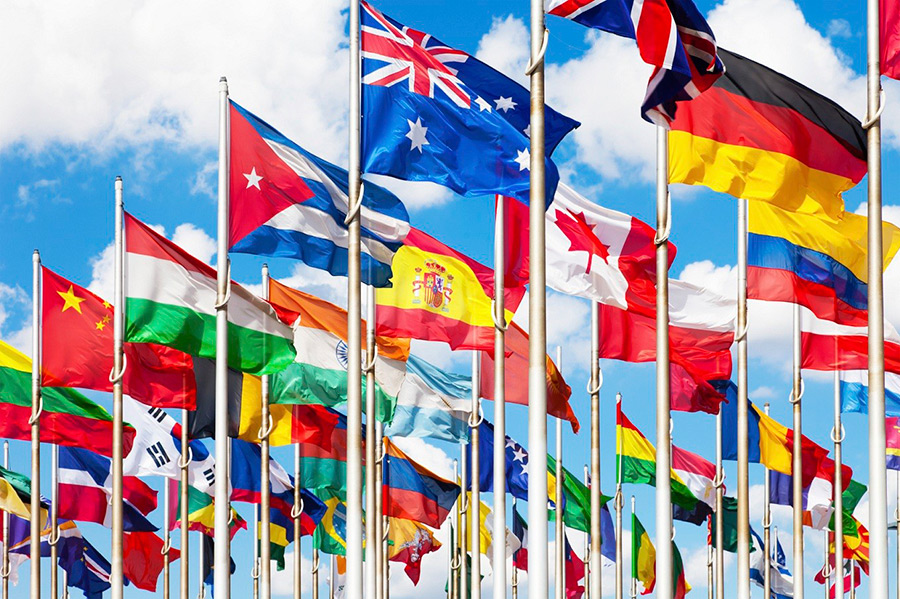The weather has warmed up and Donald Trump and his cronies have a lot of scary ideas flying out of their mouths. So, it’s no surprise that a lot of people are contemplating where they can go with their passports for a vacation (or an expedition to find where they can live comfortably as expatriates).
But don’t book your international excursion just yet. Local travel experts have lots of suggestions, ranging from the pragmatic to the panic-inducing, that travelers should consider before their next globetrotting trip.
Obviously, people are aware of international issues and concerned about traveling abroad. Henry Hand, senior consular official at the State Department, and Orlando Rivera, director of the Philadelphia Passport Agency, both said that being well-informed about the places you intend to visit goes a long way in regard to troubleshooting your trip.
“It really depends on the area, the region and what’s going on in the world,” Hand said about the most common concerns international travelers have. “Obviously, after a tragic event like we saw in London, people are going to be concerned about terrorism. Other times, if there’s a natural disaster, people might be concerned about a hurricane or an earthquake. We encourage people to go out and get informed and to be aware of all the different things they should consider. If you are going to a beach and there’s nobody in the water, maybe there’s a reason. We try to get people to read up on the countries they are visiting and look at the full range of things they might want to take precautions against.”
Rivera noted that something simple could derail your travel plan before you even board a plane.
“It’s like the Boy Scout or Girl Scouts: Be prepared,” Rivera said. “Know where you are going. Know some of the issues that might be there, like tsunami warnings. Know what kind of documentation you will need. For one, it’s a passport. Some countries now require six months of validity or more before you can travel. You will see a lot of people coming back through the airport saying, ‘They wouldn’t let me on the plane.’ That could be precluded from occurring if the individual took the time [to research].”
Many people run into the unfortunate issue of losing a passport while on vacation; Rivera advised jotting down the phone number of the closest consulate or embassy, because they have the capacity to issue new passports.
For LGBT travelers, Hand suggested that researching the different regions of the countries you intend to visit is another safety precaution to consider.
“Different regions have people who practice different beliefs,” he said. “Things that might not raise issues in one part of the country might raise them in another. This is why we encourage people to get informed and read up on the country beforehand.”
(You can say that about traveling domestically in the states, too … but we digress.)
Hand and Rivera added that international travel can be problematic if a medial emergency arises.
“Check your health insurance,” Hand advised. “Many people, before they go overseas, assume the policy they have here will cover them; many policies don’t work overseas.
“If unfortunately you get sick and you need a medical evacuation, you’re talking a very serious amount of money,” Rivera added. “It could cost tens of thousands of dollars.”
Even though vacationers may spend the weeks leading up to their trip packing and fantasizing about laying on the beach, a little pre-planning can go a long way. Do your homework before you travel and hopefully everything will go swimmingly and smoothly.
For more information, including a traveler’s checklist for international travel, visit https://travel.state.gov/content/passports/en/go.html or https://travel.state.gov/content/passports/en/passports/information/where-to-apply/agencies/philadelphia.html.
